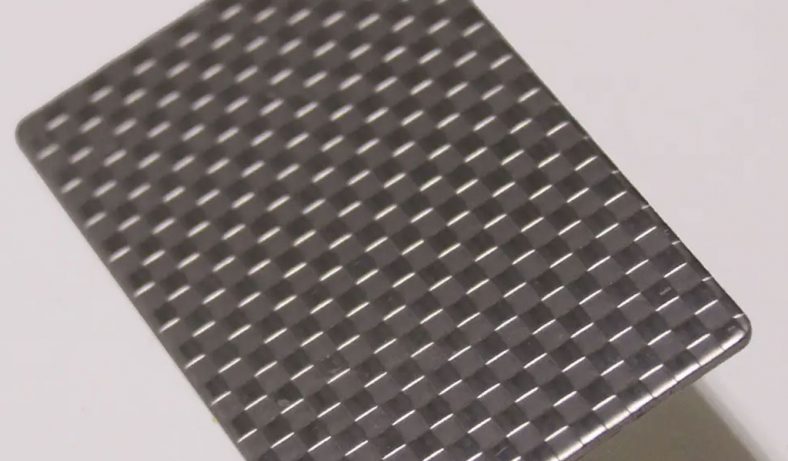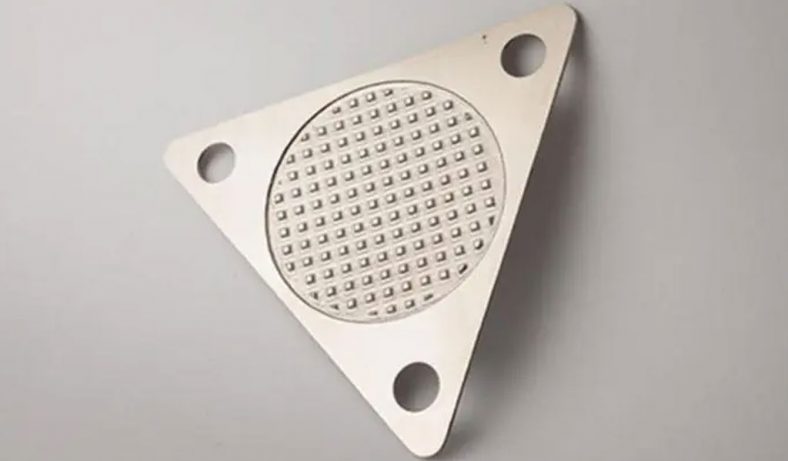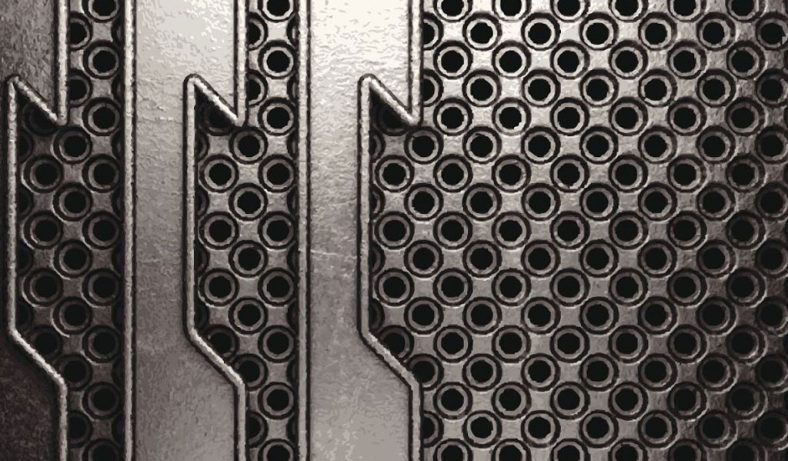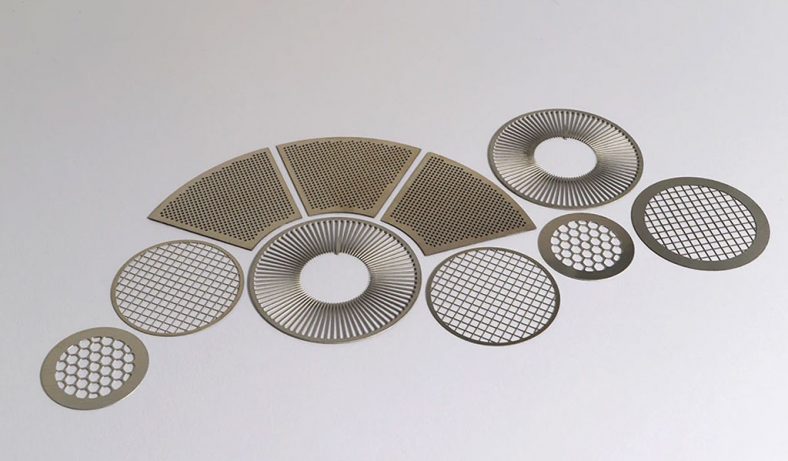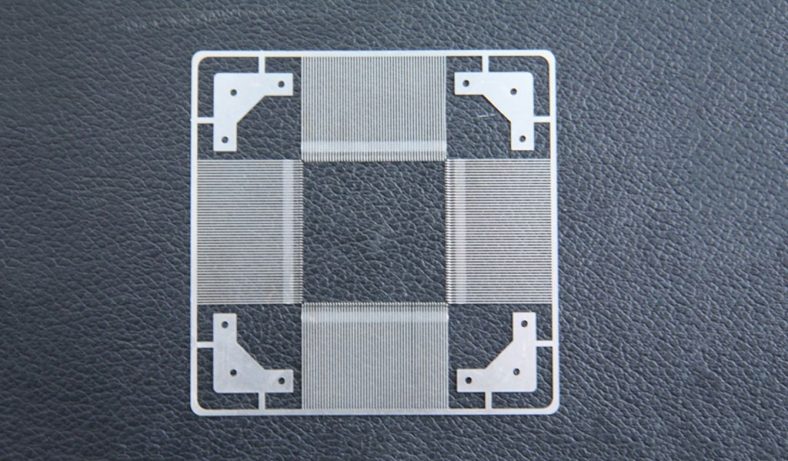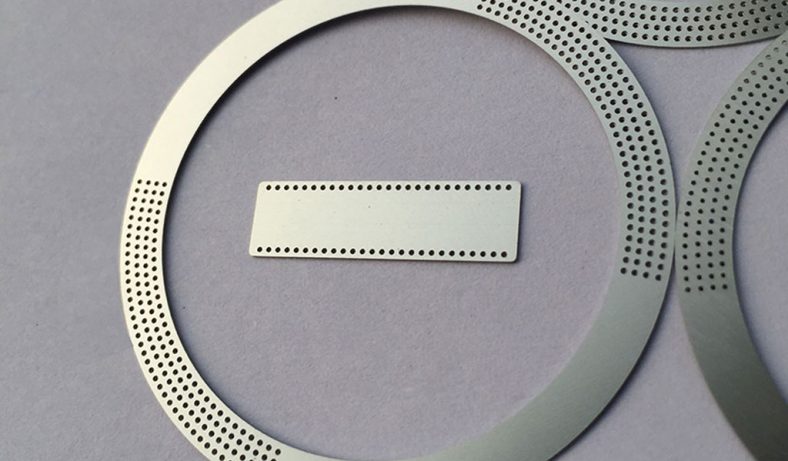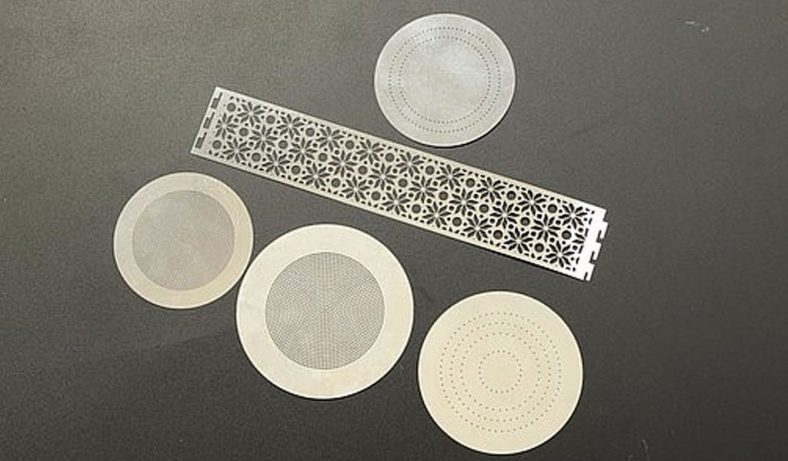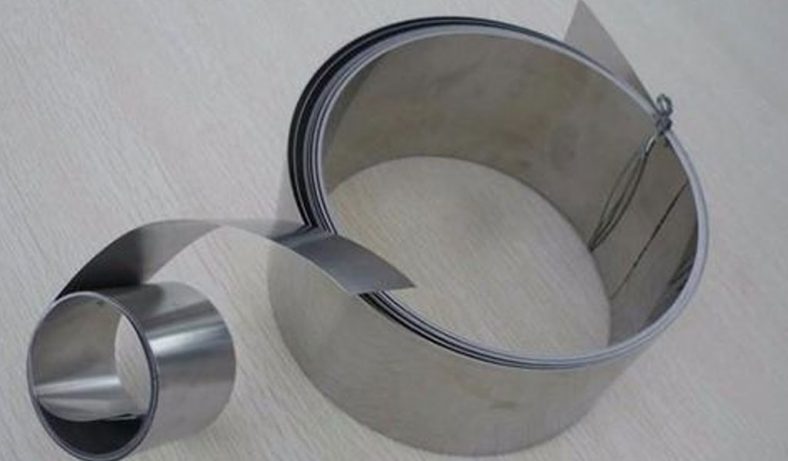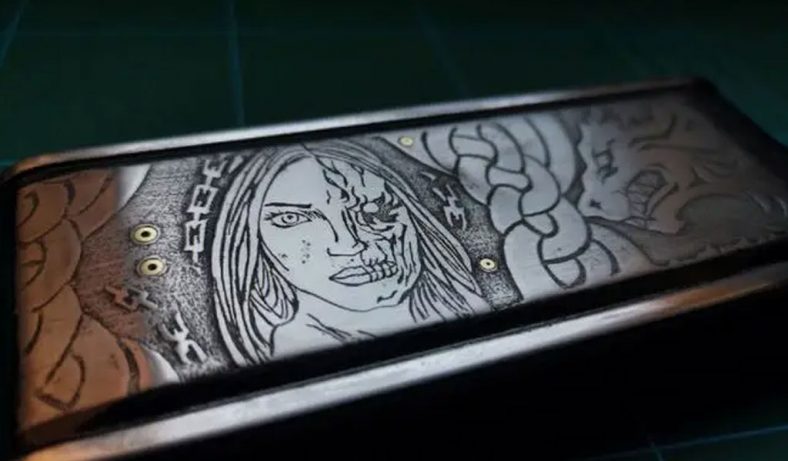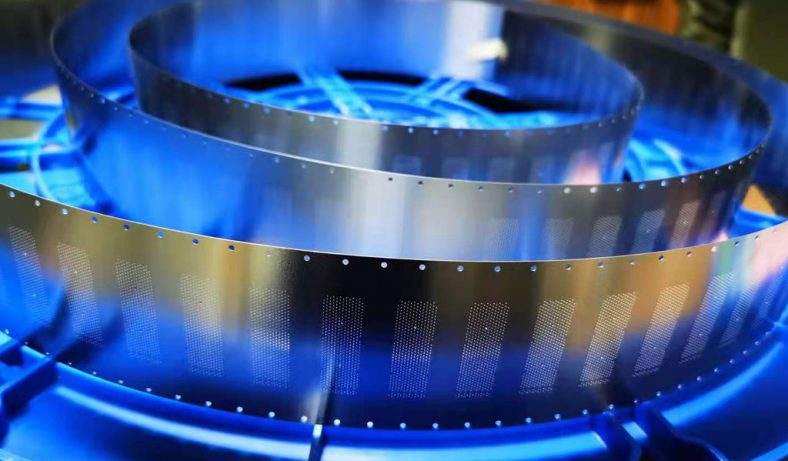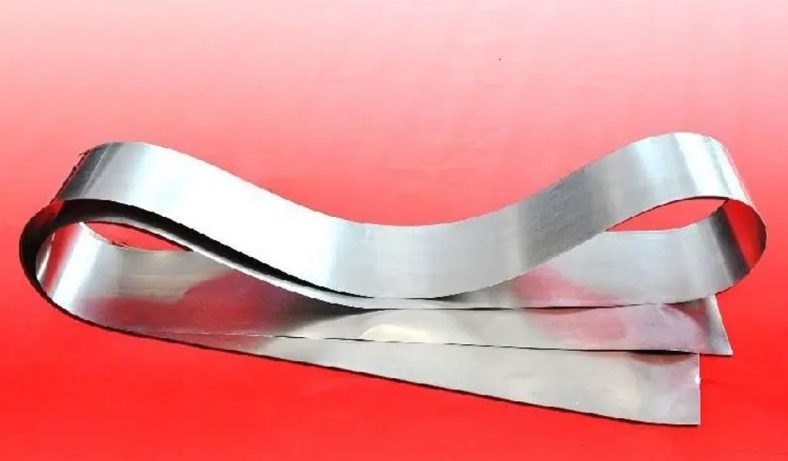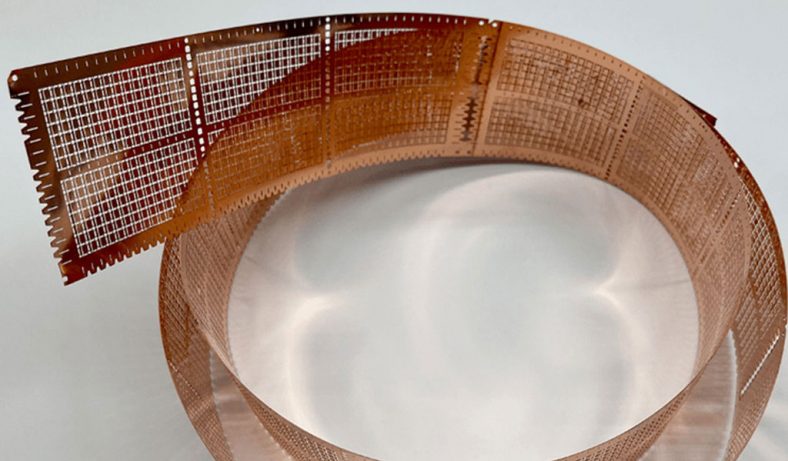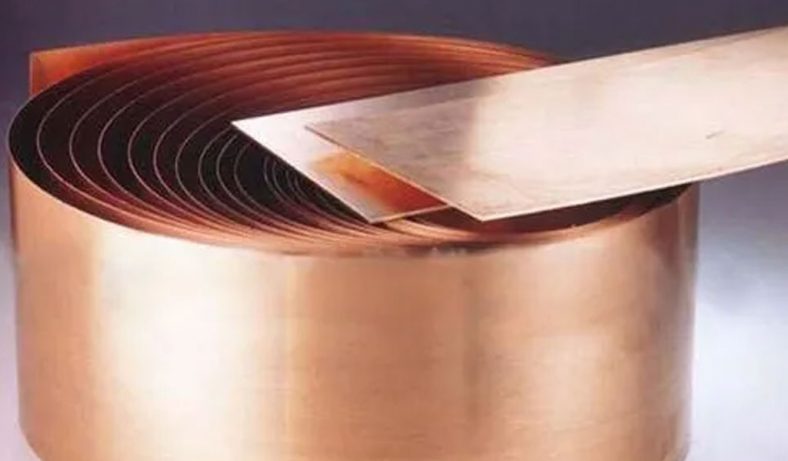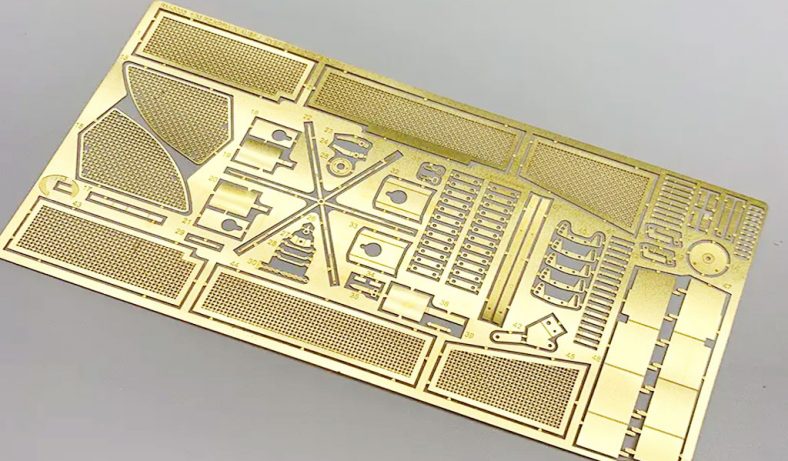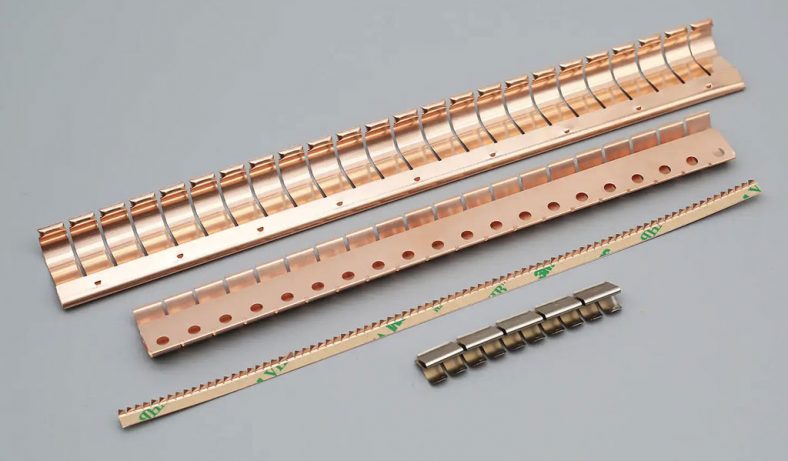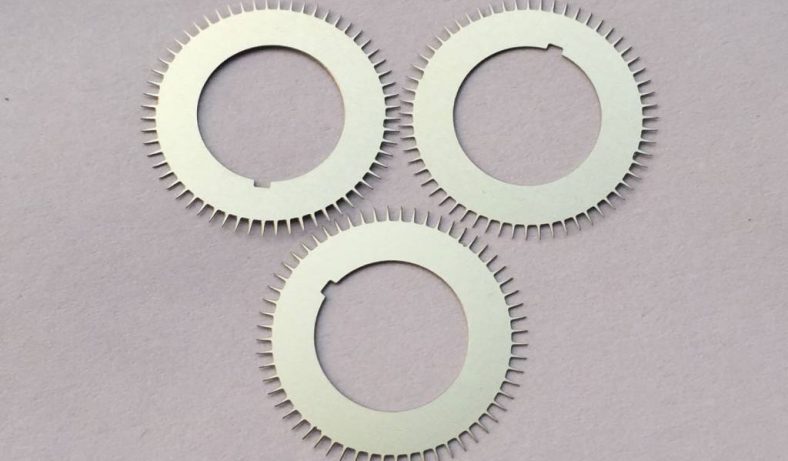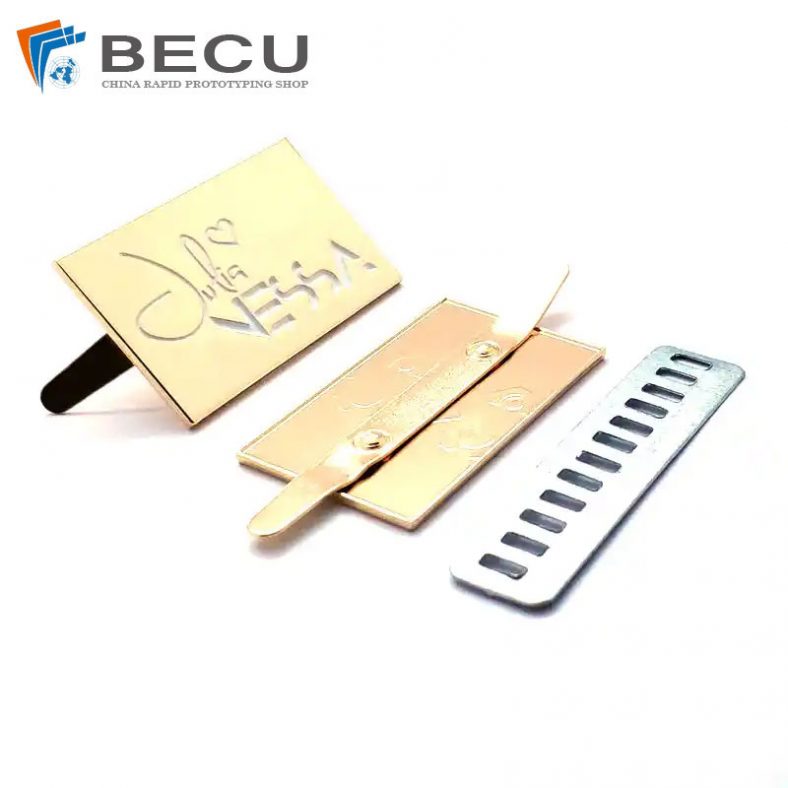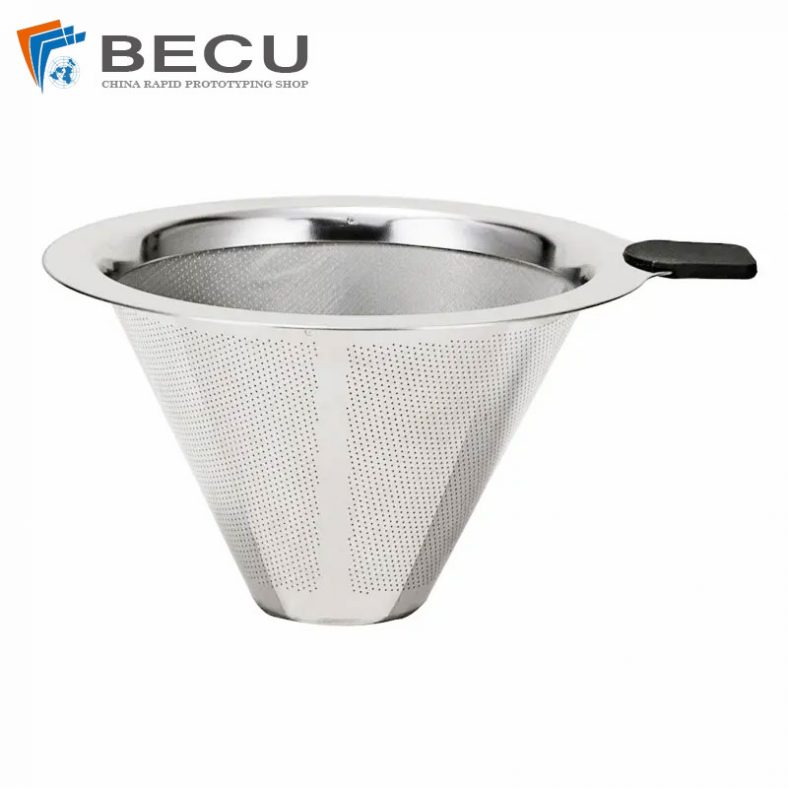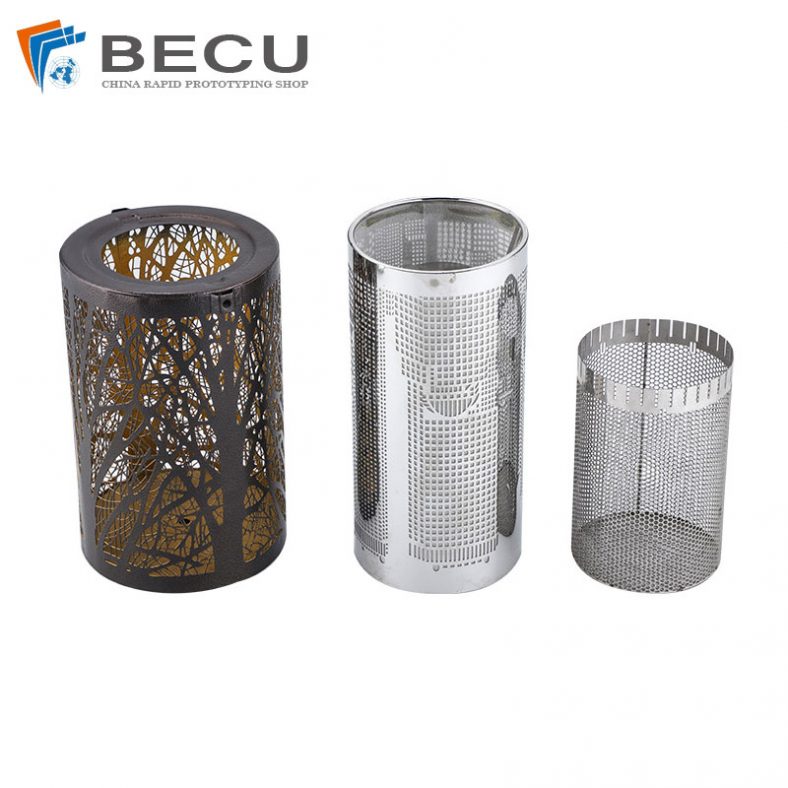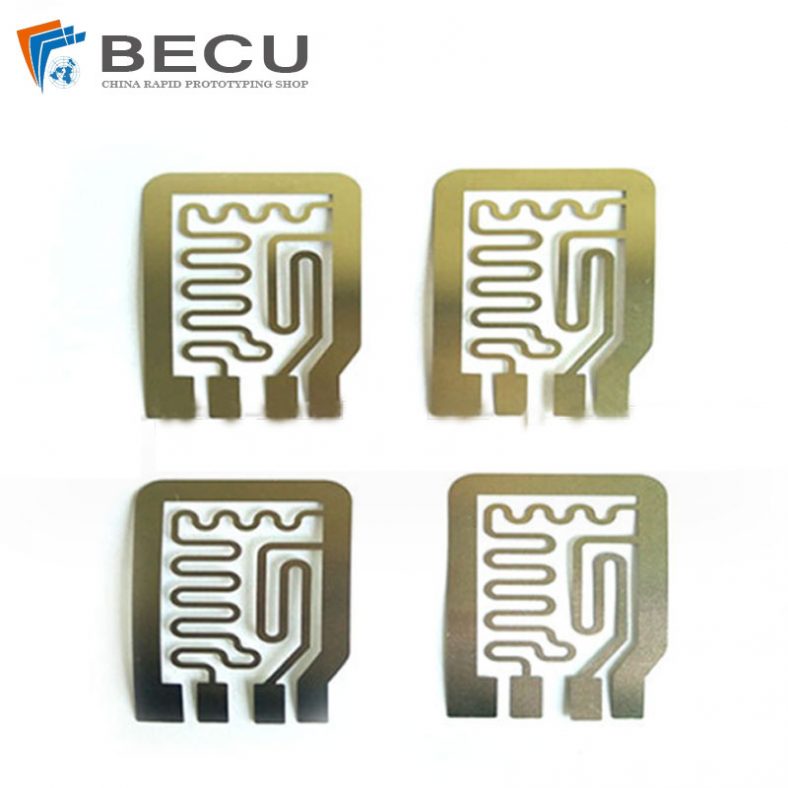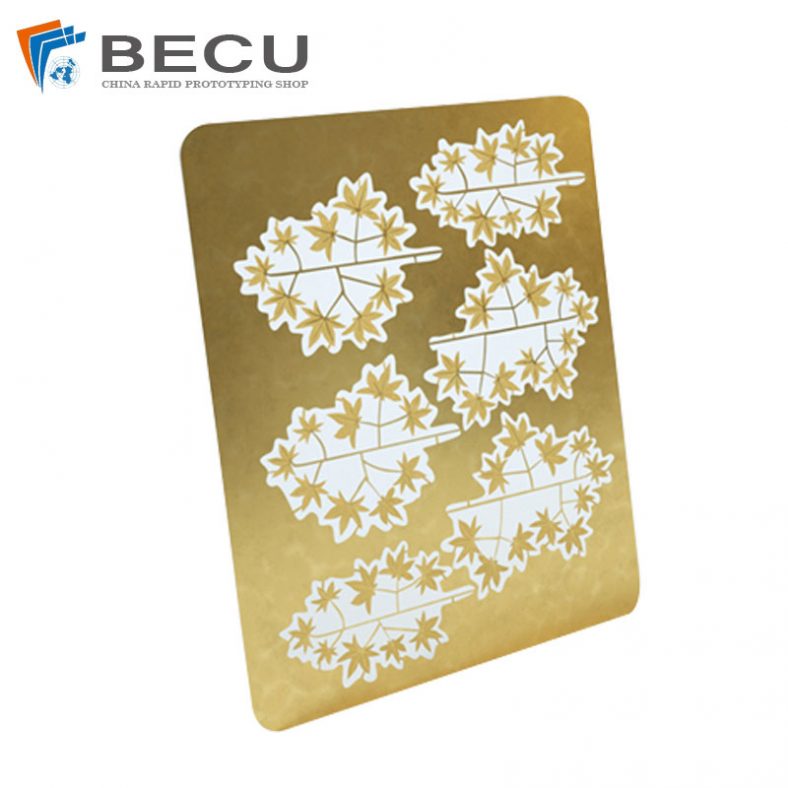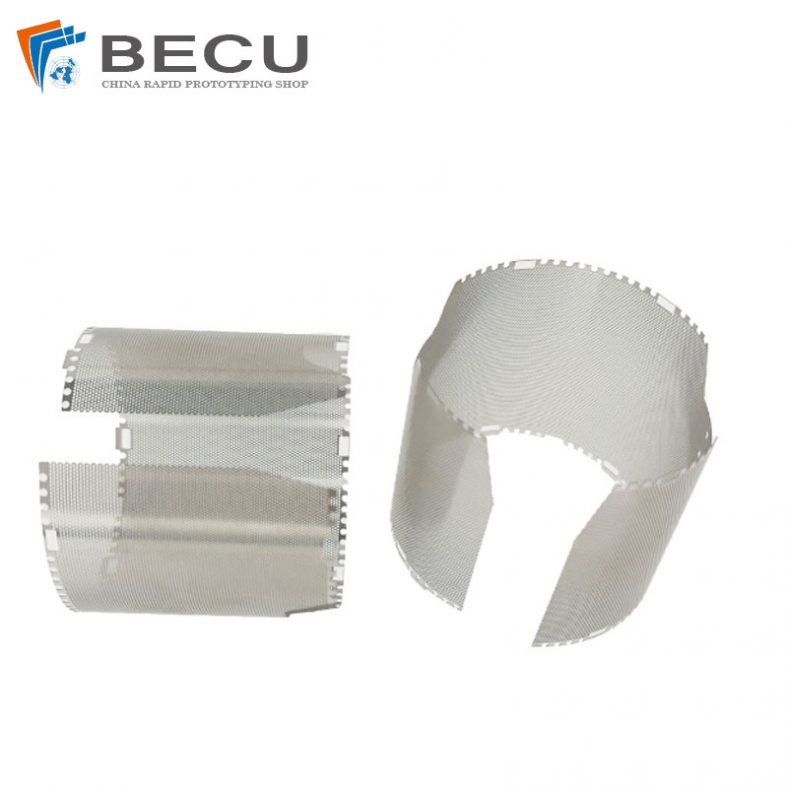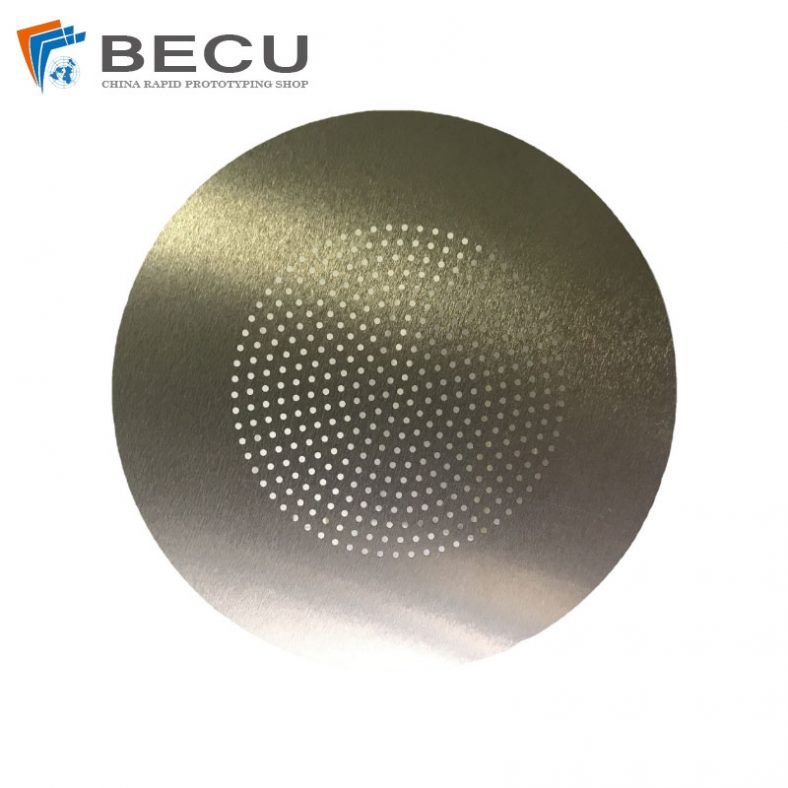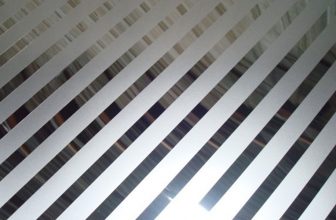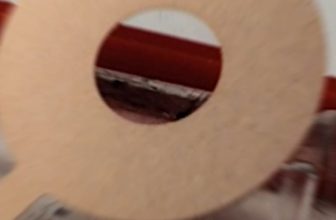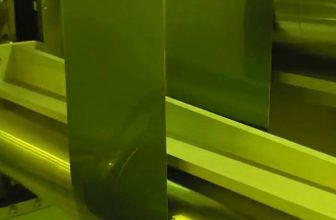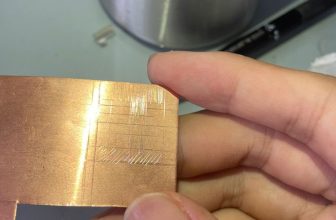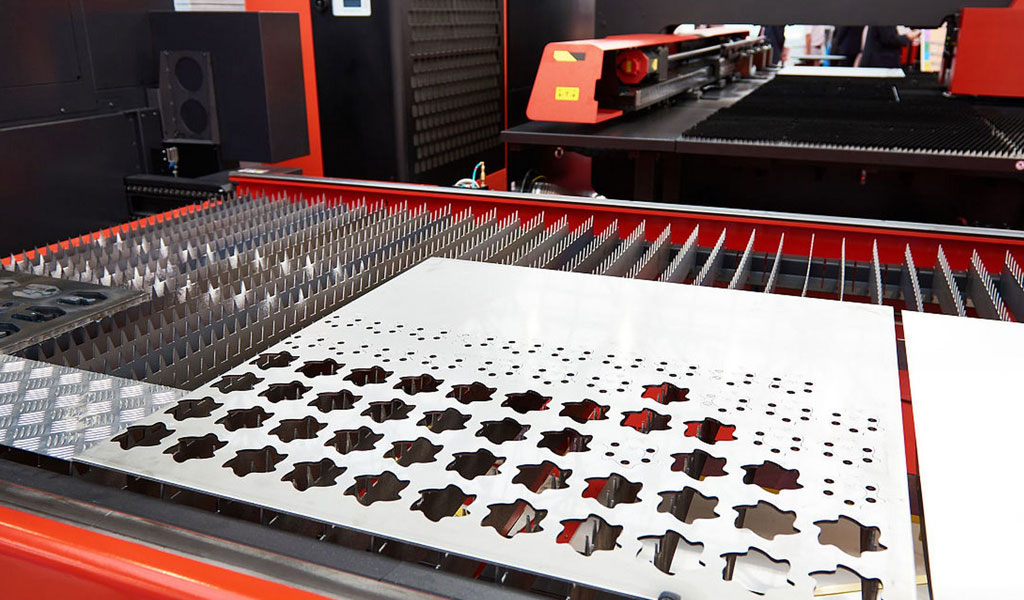
Metal etching machines are specialized devices used to remove material from metal surfaces through chemical, electrochemical, or laser-based processes, creating precise patterns, markings, or components. These machines are integral to industries such as aerospace, automotive, electronics, and jewelry, where precision and durability are paramount. The evolution of metal etching technology has led to a variety of machine types, each with distinct mechanisms, capabilities, and applications. This article explores the leading metal etching machines as of March 25, 2025, examining their technologies, manufacturers, performance metrics, and industrial relevance, while providing detailed comparisons to aid in understanding their strengths and limitations.
Metal etching, historically a manual process dating back to the Middle Ages, has transformed into a highly automated, technologically advanced field. Modern machines leverage photochemical etching, electrochemical marking, and laser engraving to achieve micron-level precision on materials ranging from soft aluminum to hardened stainless steel. The leading machines in this domain are produced by companies with decades of expertise, such as Masteretch, Precision Micro, Laserax, and Epilog Laser, among others. This article delves into their offerings, technical specifications, and market standing, providing a comprehensive resource for engineers, researchers, and procurement specialists.
Historical Context of Metal Etching Technology
The development of metal etching machines reflects centuries of innovation. Early etching, practiced since at least the 14th century, involved artisans using sharp tools like burins to engrave designs into soft metals such as copper and zinc. The introduction of chemical etchants, such as nitric acid, in the 16th century marked a shift toward subtractive processes, where material is selectively dissolved rather than mechanically removed. By the 18th century, photochemical techniques emerged, spurred by Swiss botanist John Senebier’s discovery of light-sensitive resins, laying the groundwork for modern photoetching.
The 20th century saw significant advancements, particularly during World War II, when photochemical machining (PCM) was refined for producing intricate metal parts for military applications. Companies like Aktiebolaget Separator in Sweden pioneered commercial PCM in 1927, focusing on filters and foil components. Post-war innovations, including the integration of lasers in the 1960s and computer numerical control (CNC) systems in the 1980s, elevated etching precision and scalability. Today, leading machines combine these historical principles with cutting-edge automation, making them indispensable in high-tech manufacturing.
Types of Metal Etching Machines
Metal etching machines can be categorized based on their primary etching mechanism: chemical etching, electrochemical etching, and laser etching. Each type offers unique advantages, suited to specific materials, tolerances, and production volumes.
Chemical Etching Machines
Chemical etching machines, also known as photochemical milling machines, use corrosive etchants (e.g., ferric chloride, nitric acid) to dissolve unprotected metal areas, guided by a photoresist mask. These machines excel in producing burr-free, stress-free components with complex geometries, making them ideal for thin metal parts used in electronics and aerospace.
- Masteretch 635: Manufactured by Masteretch, a UK-based company established in 1983, the Model 635 is a flagship chemical etching machine. With over 400 installations worldwide, it is designed for companies transitioning to in-house etching. It features a robust conveyor system with a one-to-one drive roller design, ensuring durability and low maintenance. The machine supports high-volume production, etching metals like stainless steel, copper, and brass with a maximum width of 635 mm. Its temperature-regulated spray system ensures uniform etching, achieving tolerances as tight as ±0.025 mm.
- Precision Micro Etching Lines: Precision Micro, headquartered in Birmingham, UK, operates Europe’s largest sheet etching facility. Their custom-built etching lines cater to industries requiring zero-failure-rate components, such as automotive (IATF 16949 certified) and aerospace (AS 9100 certified). These machines process over 2,000 metal alloys, including titanium and Inconel, with thicknesses ranging from 0.01 mm to 1.5 mm. Advanced quality control, including digital imaging, ensures precision down to ±0.010 mm.
Electrochemical Etching Machines
Electrochemical etching machines apply an electric current through an electrolyte solution to mark or etch conductive metals. This method is cost-effective for small-batch production and permanent marking, often used for branding or serialization.
- Etchon ME101: Produced by Yugma Impressions in India, the Etchon ME101 is a portable, manual electrochemical etching machine. It operates at 8–12 volts, offering variable output for depth control, and uses graphite-based marking heads for durability. Suitable for marking stainless steel, mild steel, and brass, it is popular in toolmaking and jewelry due to its affordability (approximately $300–$500) and lack of consumable-intensive processes like laser engraving.
- Personalizer Plus: Manufactured by Texas Knifemakers Supply, this machine targets hobbyists and small businesses. With an 18-volt transformer and adjustable AC/DC settings, it etches metals like aluminum and steel using stencils and electrolyte fluids (e.g., SCE-1). Its safety fuse and compact design make it a versatile desktop option, priced around $200–$300.
Laser Etching Machines
Laser etching machines use focused light beams to vaporize or alter metal surfaces, offering unparalleled precision and speed. They dominate applications requiring deep engraving, high-contrast marking, or intricate designs.
- Laserax Fiber Laser: Canadian company Laserax produces industrial-grade fiber lasers, such as the SMARTmark 20W, optimized for metals like aluminum, steel, and titanium. Operating at a wavelength of 1,064 nm, these machines achieve etching depths up to 0.005 inches and support processes like annealing and engraving. Prices range from $5,000 for desktop models to $120,000 for industrial systems, reflecting their adaptability to production lines.
- Epilog Fusion Pro: Epilog Laser, a US-based leader since 1988, offers the Fusion Pro series, featuring 50W–120W fiber laser options. With a work area up to 48 x 36 inches, it etches metals at speeds of 165 inches per second, supported by an IRIS camera system for precise alignment. Priced between $20,000 and $50,000, it serves industries from signage to aerospace.
- xTool P2: A recent entrant from xTool, the P2 is a CO2-fiber hybrid laser with a 55W output, capable of etching coated metals and cutting 20 mm walnut. Its enclosed design, air assist, and camera make it a premium choice for small businesses, costing around $4,000–$5,000.
Key Manufacturers and Their Contributions
The metal etching machine market is driven by a mix of established firms and innovative newcomers, each contributing specialized expertise.
- Masteretch: With over 35 years of experience, Masteretch focuses on chemical etching durability, serving over 45 countries. Their custom machines, like wide-format systems for architectural projects, highlight their adaptability.
- Precision Micro: A pioneer in photochemical machining, Precision Micro’s investment in large-scale facilities and multi-metal compatibility sets it apart for safety-critical applications.
- Laserax: Specializing in fiber lasers, Laserax bridges industrial and desktop needs, emphasizing traceability solutions for automotive and battery manufacturing.
- Epilog Laser: Known for user-friendly laser systems, Epilog balances power and precision, catering to both hobbyists and professionals.
- xTool: A rising star, xTool’s affordable, feature-rich machines target small-scale producers, leveraging hybrid technology.
Comparative Analysis of Leading Machines
To evaluate these machines, key metrics include etching speed, precision, material compatibility, cost, and maintenance. Below are detailed comparisons:
| Machine | Type | Max Etching Width/Area | Speed | Precision | Materials Supported | Power Consumption | Cost Range |
|---|---|---|---|---|---|---|---|
| Masteretch 635 | Chemical | 635 mm | 1–5 m²/hr | ±0.025 mm | Stainless steel, copper, brass | 3–5 kW | $50,000–$100,000 |
| Precision Micro | Chemical | Custom (up to 1.5 m) | 2–10 m²/hr | ±0.010 mm | 2,000+ alloys | 5–10 kW | $100,000+ |
| Etchon ME101 | Electrochemical | N/A (manual) | 1–2 cm²/min | ±0.1 mm | Conductive metals | 7–12 W | $300–$500 |
| Personalizer Plus | Electrochemical | N/A (manual) | 1–3 cm²/min | ±0.2 mm | Most metals | 18 W | $200–$300 |
| Laserax SMARTmark | Laser (Fiber) | 300 x 300 mm | 100–500 mm/s | ±0.001 mm | Metals, some plastics | 500–1,000 W | $5,000–$120,000 |
| Epilog Fusion Pro | Laser (Fiber) | 48 x 36 in | 165 in/s | ±0.002 mm | Metals, coated metals | 1,000–2,000 W | $20,000–$50,000 |
| xTool P2 | Laser (CO2/Fiber) | 26 x 14 in | 100–600 mm/s | ±0.003 mm | Coated metals, wood | 500–800 W | $4,000–$5,000 |
| Machine | Aerospace | Automotive | Electronics | Jewelry | High-Volume Production |
|---|---|---|---|---|---|
| Masteretch 635 | Yes | Yes | Yes | No | Yes |
| Precision Micro | Yes | Yes | Yes | No | Yes |
| Etchon ME101 | No | No | Yes | Yes | No |
| Personalizer Plus | No | No | Yes | Yes | No |
| Laserax SMARTmark | Yes | Yes | Yes | Yes | Yes |
| Epilog Fusion Pro | Yes | Yes | Yes | Yes | Yes |
| xTool P2 | No | Yes | Yes | Yes | Yes |
Performance Metrics and Evaluation
Speed and Throughput
Chemical etching machines like the Masteretch 635 and Precision Micro lines excel in high-throughput scenarios, processing square meters per hour, ideal for mass production. Laser machines, such as the Epilog Fusion Pro (165 in/s), offer superior speed for smaller areas, while electrochemical options like the Etchon ME101 are slower but sufficient for manual tasks.
Precision and Tolerance
Laser machines dominate precision, with tolerances as low as ±0.001 mm (Laserax), driven by focused beams and advanced optics. Chemical etching achieves ±0.010–0.025 mm, suitable for most industrial parts, while electrochemical methods lag at ±0.1–0.2 mm, better for marking than fine etching.
Material Versatility
Precision Micro’s ability to handle over 2,000 alloys is unmatched, followed by laser systems like Laserax and Epilog, which etch a broad range of metals. Electrochemical machines are limited to conductive metals, and the xTool P2 requires coated metals for CO2 etching.
Cost and Maintenance
Electrochemical machines are the most affordable ($200–$500) with minimal maintenance, relying on electrolytes and stencils. Chemical etching systems ($50,000+) require etchant disposal and conveyor upkeep, while lasers ($4,000–$120,000) demand lens cleaning and occasional part replacement.
Applications Across Industries
- Aerospace: Precision Micro and Laserax machines produce lightweight, durable components like turbine blades and panels, meeting AS 9100 standards.
- Automotive: Masteretch and Epilog systems etch shims, connectors, and branding, aligning with IATF 16949 requirements.
- Electronics: All types support circuit board etching, with Precision Micro leading in PCB complexity.
- Jewelry: Electrochemical and laser machines (e.g., Personalizer Plus, xTool P2) enable intricate designs on gold and silver.
Conclusion
As of March 25, 2025, metal etching is poised for further evolution. Automation and AI integration are enhancing machine efficiency, with companies like Laserax developing smart systems for real-time parameter adjustment. Sustainability is also a focus, with chemical etching firms exploring greener etchants and recycling solutions. Laser technology advances, such as UV and MOPA lasers, promise finer marks and color etching, expanding creative applications.
The leading metal etching machines—Masteretch 635, Precision Micro lines, Etchon ME101, Personalizer Plus, Laserax SMARTmark, Epilog Fusion Pro, and xTool P2—represent a spectrum of technologies tailored to diverse needs. Chemical etching dominates high-volume precision, electrochemical offers affordability, and lasers provide unmatched speed and detail. Selection depends on application, budget, and scale, with each machine excelling in its niche. As technology progresses, these machines will continue to shape manufacturing, blending historical craftsmanship with modern innovation.

